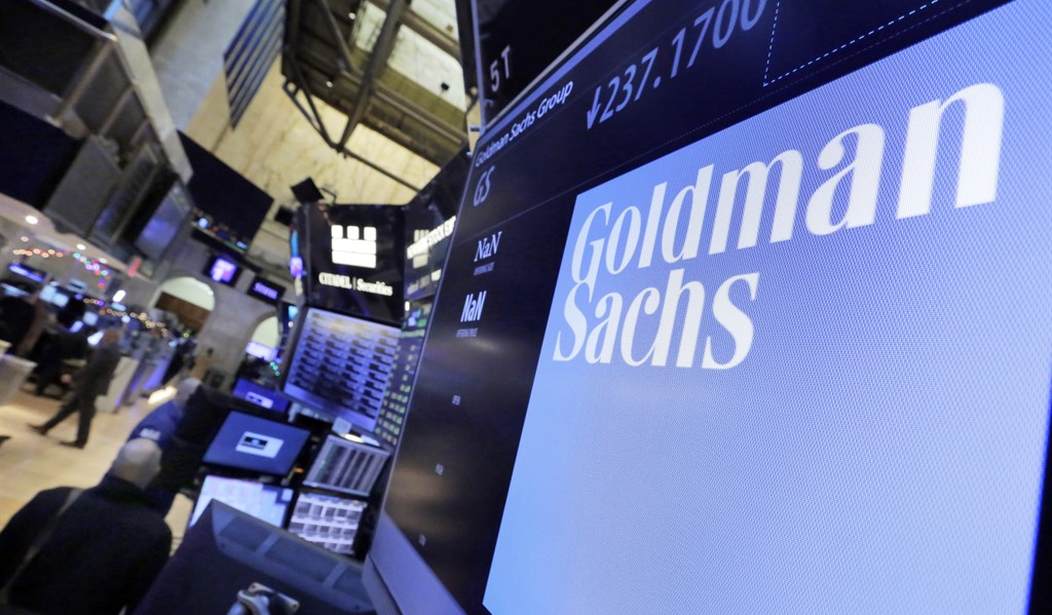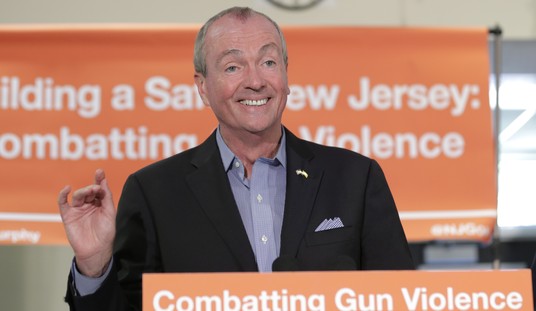Goldman Sachs is back in the news, but for once it doesn’t involve a bunch of hippies camping outside their offices to protest the evils of capitalism. This time it has to do with a rather pricey investment they made in the foreign markets, specifically in the collapsing regime of Venezuelan dictator Nicolas Maduro. The Wall Street giant sank nearly three billion dollars into bonds offered by the both morally and fiscally bankrupt nation, sparking an outraged response from the country’s opposition led legislature. (Reuters)
The president of Venezuela’s opposition-run Congress on Monday accused Wall Street investment bank Goldman Sachs of “aiding and abetting the country’s dictatorial regime” following a report that it had bought $2.8 billion in bonds from the cash-strapped country.
The Wall Street Journal on Sunday said Goldman paid 31 cents on the dollar for bonds issued by state oil company PDVSA that mature in 2022, or around $865 million, citing five people familiar with the transaction.
That comes as two months of opposition protests against President Nicolas Maduro have killed almost 60 people and the collapse of the country’s socialist economy has left millions of people struggling to eat.
So is this just good business or horrible social optics? The two aren’t necessarily mutually exclusive. A better than 300% return on investment over five years has to be a tempting offer and one would expect that the investors served by GS wouldn’t lose much sleep over where the money was coming from. And to be honest, investing in foreign bonds (known in the trade as “sovereigns”) is a common strategy for those who don’t mind a considerable amount of risk in their portfolio when there’s a chance for very big returns.
But even if GS is willing to blow off the criticism of people who are offended by the idea of Wall Street propping up Maduro’s regime, there’s also the question of whether or not this is a wise investment for the firm in the first place. Venezuelan opposition leader Julio Borges already wrote a letter to the company saying that he would recommend any future, Democratically elected Venezuelan government “not recognize or make payment on” those bonds. So if Maduro is replaced (either by agreeing to be voted out, stepping down or being overthrown) the next government might not pay them back. And if the nation essentially collapses into civil war (a possibility which they can’t be discounting entirely) then there may be no intact governmental structure to pay them back at all.
But going back to the original question, what sort of obligation does Goldman Sachs or any other investment capital outfit have to be “socially responsible” in their international dealings? Yes, Maduro’s government is one of the worst ones currently infecting the planet, but there are many, many countries with human rights records which range from spotty to absolutely abysmal and American firms invest in them all the time. (China, Russia, Saudi Arabia and several African nations all leap to mind.) If it’s not against the law to make the investment (as with most cases involving Iran, for example) and they want to take the risk, the government doesn’t need to step in to punish them. Their investors will hand down the final ruling through the normal forces of self-regulating capitalism. If enough of them are offended by this they’ll drop out of the funds and take their money elsewhere. If they don’t object and make a decent profit, Goldman Sachs will continue to thrive.
It’s not pretty, but much like democracy, capitalism can be messy at times. I just wouldn’t want to risk my retirement on either the viability or good intentions of Nicolas Maduro.









Join the conversation as a VIP Member